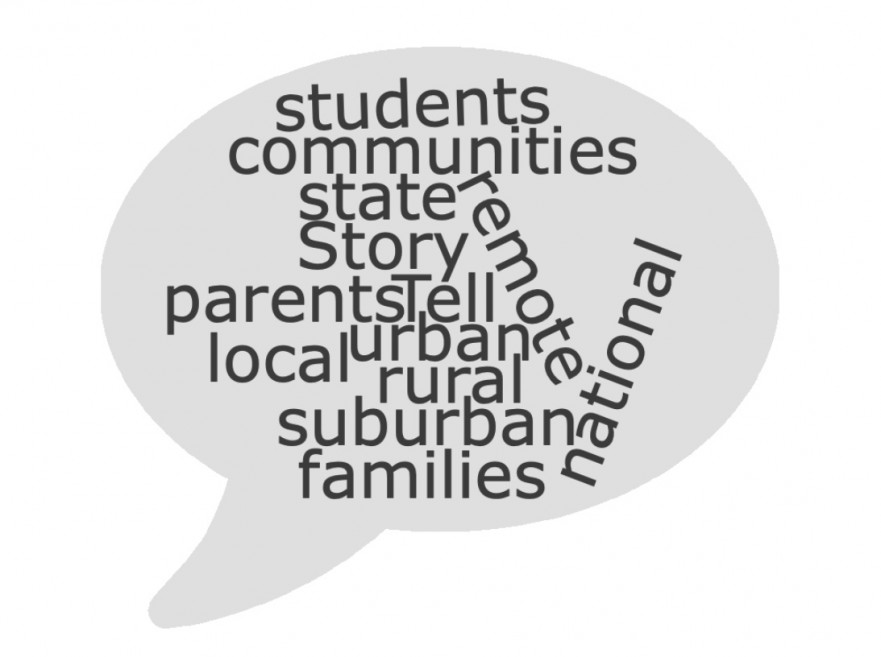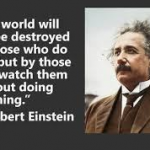“Let me tell you what I wish I’d known
When I was young and dreamed of glory
You have no control
Who lives, who dies, who tells your story?”
Hamilton, An American Musical, Lin-Manuel Miranda
Over the past few months, I’m reliving historical moments from 2018. The spring brought the anniversary of teacher walkouts across our country. Summer and fall are bringing up memories of circulating petitions, canvassing neighborhoods, giving presentations, scratching to inform the public about education funding, state budgets, revenue, and tax cuts/credits.
In West Virginia, Oklahoma, Kentucky, Colorado, Arizona, and North Carolina teachers went to their capitals with a resounding “WE’RE NOT GONNA TAKE IT” message to government officials. Jon Shelton is quoted in a Washington Post article saying “Perhaps the only time in history we’ve seen things of quite that magnitude was in the late nineteenth century when you had spontaneous revolts of working-class people.”
Whether you agreed with the walkout or not, one thing is real: it made a huge impact.
- On students, parents, and families
- On communities
- On social supports within communities
- On local, state, and national media
It was a nuclear reaction that had been brewing for more years than most of us can count. Some people would argue that it started in 2009 with the funding cuts in response to the economic recession. Some would say it began in the 1990s with the charter school movement and the use of public money in non-public schools. Another argument is that it started with the introduction of women into the education workforce in the 19th century as an inexpensive solution for providing schools to pioneer families.
The timeline isn’t the most significant issue, though. I wonder when we decided that our stories didn’t need telling. When did we decide that every one MUST already know how vital high-quality education is to the foundation of democracy? My friend and colleague Karla Palafox wrote, “I realized I was part of the problem. I did not take the time to learn about funding in our state, and I did not take the time to learn about the people who were making decisions impacting public schools.” (Go Rogue! Apathy Isn’t Working) When did we become complacent and stop advocating for the needs of those we serve? As educators, especially in the public school sector, we serve everyone. The young, the privileged, the discriminated, the medically/emotionally/developmentally compromised, high intelligence, socially awkward, socially adept, kids with multiple parents and no parents, urban, suburban, rural, and remote communities.
I’ve been pondering this idea lately. As a result of my reflections, I have been developing relationships, reaching out to those I was not sure embraced the same ideals as me, and finding common ground. I’m working the “non-glamorous” side of advocacy and enjoying the process.
I’m telling my story. The story of a kid who moved multiple times across the country, changing schools mid-year, adapting to local customs and traditions just to pick-up and move again. The story of a single parent moving 1500 miles with two teenagers to a town where I knew no one, to take a teaching job purely on faith. The story of a burned-out mid-career teacher who went after National Board certification, cycling through failure, reflection, and perseverance to find my flame and passion for teaching again.
I am building a music program at my school and a National Board program in my district. I have learned how to have those hard conversations with people who intimidate me. I have been vulnerable, taken risks, failed, gotten back up, and gone back into the arena again. I am a voice for myself, my students, my colleagues, rural schools, and comprehensive arts education.
Who tells MY story….I do. Because I say it with the most passion and accuracy of anyone who could tell my story, I can tailor the parts of my story that are most relevant. I think of what Eliza sings in Hamilton, “And when my time is up, have I done enough?”
Find an avenue, tell your story. Tell the story of your students, your school, and your community. Because at the end Who tells your story will depend on how YOU told your story!
Miranda, Lin-Manuel. “Hamilton: An American Musical.” Hamilton: The Revolution, edited by Jeremy McCarter, Grand Central Publishing, 2016.
Photo Credit: https://www.wordclouds.com










Comments 4
Karla’s quote about not knowing how school’s are funded is powerful. I used to get so frustrated at voters because it seemed like they did not care about education because they would keep electing people who did not care about education. However, they show in many different ways that they do care. They just don’t realize how their vote impacts education funding. Imagine if voters started voting for legislators who prioritize education. We may not have to do fundraisers, cut box tops, or go on strike again!
We must do a better job of educating people within our profession as well as outside of education. We need more programs like the Hope Street Fellowship to empower teachers in all areas and at all levels to use their voices to stand up for students and education.
I loved this blog. All to often we leave it up to someone else to advocate for students and this reminds me of why it has to be me!
Author
Thanks Austine! It’s a conversation I have with myself on a regular basis too!